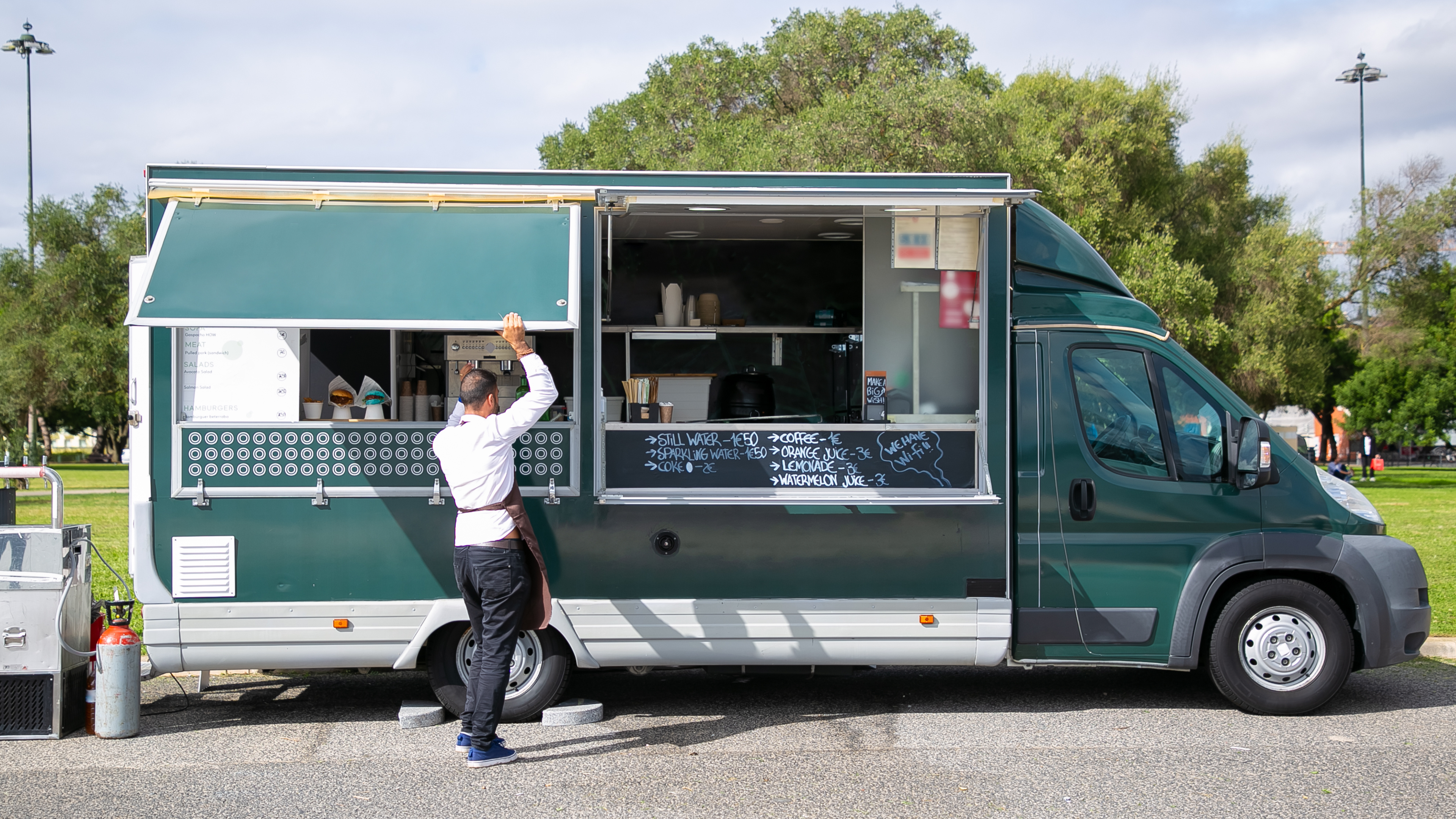Food trucks may serve on the streets, but their success starts in a commissary kitchen. These licensed commercial spaces give operators a place to store inventory, prep food, and clean their equipment—ensuring they meet health codes and run efficiently. In some areas, using a commissary isn’t just helpful—it’s the law.
If you’re an entrepreneur looking to start your own food truck commissary, this guide will cover everything you need to know—from why food trucks rely on them to the steps for launching one.
Why Do Food Trucks Use Commissary Kitchens?
Operating a food truck comes with unique challenges, particularly when it comes to food preparation, storage, and sanitation. Commissary kitchens provide solutions that make food truck operations smoother and compliant with health codes.
Key Benefits of Commissary Kitchens for Food Trucks:
Regulatory Compliance – Many health departments require food trucks to use an approved commissary kitchen for food prep, storage, and cleaning.
Storage & Prep Space – Commissaries offer access to commercial equipment, dry storage, and prep stations, without the need for a large upfront investment.
Sanitary Waste Disposal – Grease traps, greywater dumping stations, and proper cleaning areas help maintain health and safety standards.
Maintenance & Parking – Some commissaries provide additional services like overnight parking, truck maintenance, and equipment storage.
Community & Networking – The often shared nature of a commissary kitchen can offer opportunities for renters to collaborate and exchange business ideas.
For more on the evolution of shared kitchens, check out The Shared Kitchen Model: Emerging and Evolving.
Are Food Truck Commissaries Required?
In many locations, yes. Local health departments often require food trucks to be linked to an approved commissary or commercial kitchen to ensure proper food handling and sanitation.
Before launching a food truck business, check with your local health department to determine whether a commissary is required. Failure to comply with this regulation can result in fines, revoked permits, or even business closure.
How Much Does a Food Truck Commissary Cost?
Commissary costs vary depending on location, services, and level of access. Here’s a general breakdown:
- Basic Shared Kitchen Access: $250 – $1,000/month
- Full-Service Commissary with Parking & Storage: $1,000 – $3,000/month
- Pay-As-You-Go Options: $15 – $45/hour for kitchen use
Using a commissary can be a cost-effective alternative to building a standalone commercial kitchen. It also helps food truck owners save money on storage, equipment, and health code compliance.
Benefits of Using a Commissary:
- Access to commercial kitchen space
- Access to professional-grade kitchen equipment
- Lower waste disposal costs
- Bulk ingredient storage options
- Reduced risk of health code violations
Commissary Kitchen Requirements for Food Trucks
Each commissary has its own rules, but food truck operators generally need to obtain:
- Business License & Insurance
- Health Department Permit
- Designated Storage for Inventory
- Scheduled Kitchen Usage Compliance
- Proper Waste Disposal & Cleaning Procedures
Many food truck owners also choose to carry food liability insurance, a vital investment to protect their business. Food Liability Insurance Program (FLIP) offers affordable coverage, designed for small food businesses.
How to Start a Food Truck Commissary
If you’re considering starting your own food truck commissary, here are the essential steps to get started:
- Research Local Demand & Regulations
- Identify the number of food trucks in your area and their needs.
- Check zoning laws and health department regulations for commissary kitchens.
- Choose a Suitable Location
- Find a space with adequate kitchen infrastructure, parking, and waste disposal.
- Consider accessibility for food trucks and proximity to key business areas.
- Secure Licensing & Permits
- Obtain the necessary business licenses, health permits, and zoning approvals.
- Meet fire safety, plumbing, and ventilation requirements.
- Equip Your Kitchen
- Invest in commercial-grade stoves, ovens, refrigeration, and prep stations.
- Install grease traps, dishwashing areas, and waste disposal stations.
- Offer Essential Services
- Provide kitchen access, storage, parking, and sanitation services.
- Consider additional perks like truck maintenance or co-working spaces.
- Set Up Scheduling & Payment Systems
- The Food Corridor will streamline your operations with scheduling, billing, and renter management tools.
- Market Your Commissary to Food Trucks
- Reach out to local food truck associations and entrepreneurs.
- Promote your commissary online and through social media.
More information on how to start a successful and sustainable shared-use commercial kitchens here.
Choosing the Right Food Truck Commissary
For food truck operators, finding the right commissary is key to efficiency and compliance. Compare local options based on pricing, services, and location convenience before making a decision. You can find a list of licensed, commercial kitchens for rent near you on The Kitchen Door.
For those looking to start a food truck commissary, careful planning and compliance with health regulations will set the foundation for a successful business.
Explore more food industry insights here.
